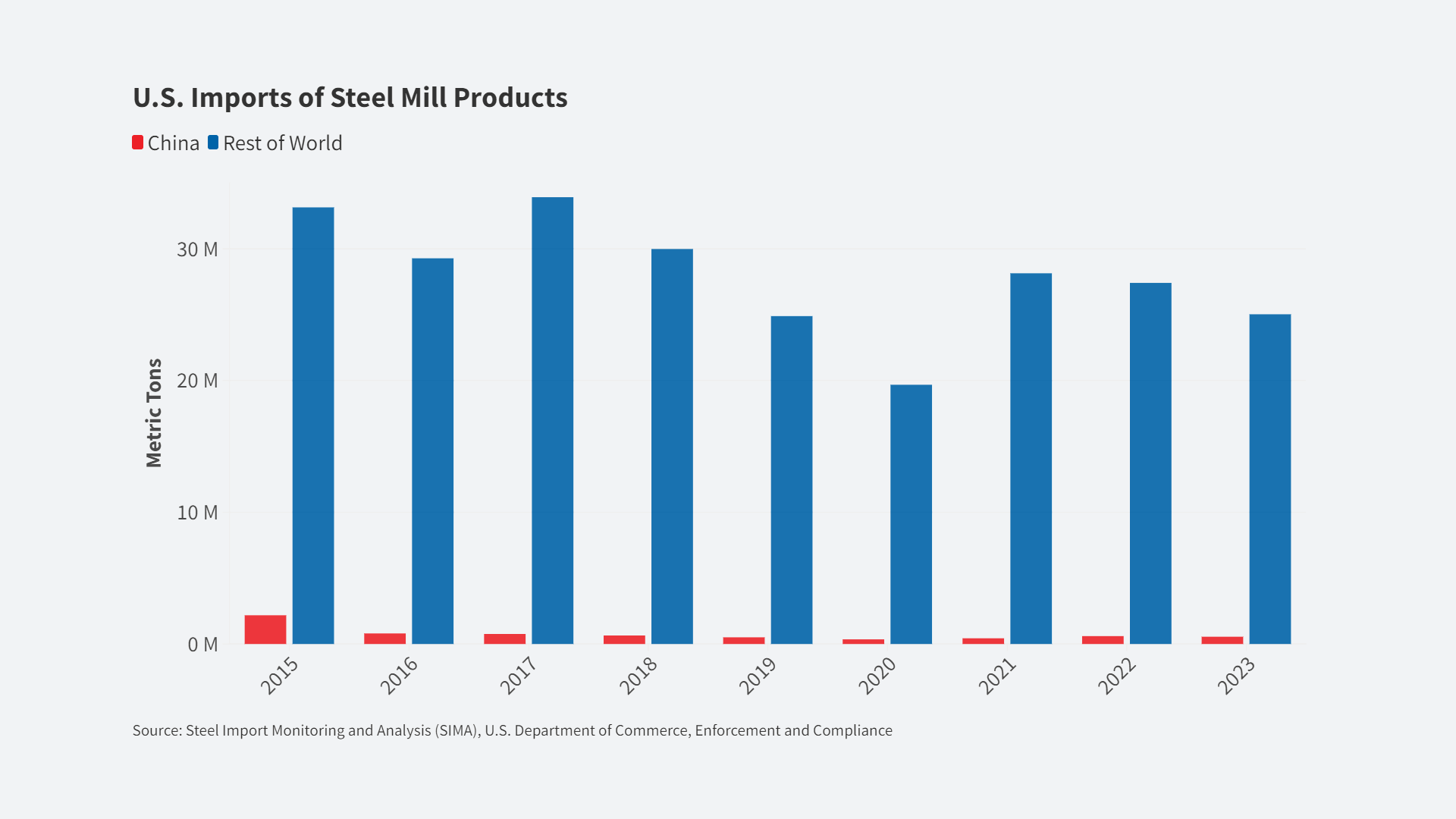
[ KENNETH P. VOGEL | December 09, 2016 |Politico]
GRAND RAPIDS, Mich. — Donald Trump took his pre-inauguration manufacturing job bonanza into this former manufacturing hub on Friday and stood proudly by as the CEO of Dow Chemical announced a new, state-of-the-art innovation center in the state.
But the precise number of jobs that would be created wasn’t clear: the CEO seemed to boast that the project would create several hundred jobs, but afterwards the company issued a news release pegging the number at 200, with half being “repatriated” from elsewhere.
It’s at least the third announcement about creating or saving jobs that Trump has presided over since defeating Democrat Hillary Clinton. And in all three cases, it wasn’t clear precisely how much credit Trump deserves for the announcements — or how many jobs will be saved or created. Even taken at face value, the number of jobs for which the president-elect has taken credit represents a tiny drop in the bucket of American manufacturing job loss. But that hasn’t stopped the president-elect from using the announcements to create the impression that he is single-handedly turning around American manufacturing even before taking office.
“It used to be that the cars were made in Flint and you couldn’t drink the water in Mexico. Now the cars are made in Mexico and you can’t drink the water in Flint. We’re going to change that,” Trump told a crowd of thousands gathered at a minor league sports arena here on Friday evening for a campaign-style rally billed as part of a “Thank You” tour.
The president-elect recounted his election night victory in state-by-state detail, and boasted that he beat Clinton despite her outspending him $2.2 billion to $300 million, though the actual tallies are closer to $1.2 billion to $600 million, according to a POLITICO analysis of finance filings by the campaigns and their supportive super PACs and party committees.
And Trump praised his nominee for education secretary, Betsy DeVos, and his likely choice to head the Republican National Committee, Ronna Romney McDaniel — both of whom hail from Michigan.
Trump clearly relished the adoration of the crowd, though a handful of protestors were removed by Trump’s private security. Trump mostly shrugged off the interruptions, but when one of the final protestors caused a commotion, he barked at his security “get ‘em out.”
But Trump returned again and again to his effort to save manufacturing jobs.
Citing a 40-percent decline in automobile jobs in Michigan since the signing of the North American Free Trade Agreement, Trump said: “If I wasn’t elected… it would have gotten much worse. Plenty of deals are going on.”
And, as if to drive home the point, Trump introduced a surprise speaker: Dow Chemical CEO Andrew Liveris, as “someone committed to returning jobs to the United States of America.” While Liveris is an Aussie who months earlier suggested Trump might usher in “the Kardashian presidency,” Trump on Friday announced Liveris would be leading the American Manufacturing Council, a part of the U.S. Commerce Department that acts as liaison between the manufacturing sector and the federal government.
“He will be tasked with finding ways to bring industry back to America,” Trump said.
And when Liveris took the stage, he returned the favor, directly crediting Trump with his company’s decision to announce at the rally that it would be building an “innovation center” in Midland, Michigan, boasting that center would mean “several hundred jobs, on top of the thousands.”
“We could have waited. We could have put it anywhere in the world,” Liveris said. “This decision is because of this man and these policies,” he said, telling Trump “I tingle with pride listening to you,” he said, boasting that center would mean “several hundred jobs.”
After the rally, though, Dow issued a press release saying that “the innovation center will support approximately 200 research and development jobs in Michigan, including 100 newly created jobs while repatriating 100 jobs from other Dow facilities throughout the globe.”
The uncertainty over the number of jobs echoes that which surrounded Trump’s announcement last month during a trip to Indiana announced that he had reached a deal with Carrier to save 1,100 jobs at an Indianapolis manufacturing plant, and his tweets taking credit for keeping a Ford plant in Kentucky.
In the Carrier deal, the number of jobs saved appears to be far fewer than Trump advertised, and in the case of Ford, the company reportedly was never planning to move the plant in question to Mexico, as Trump claimed.
Asked after the rally how Trump and his policy proposals spurred the decision, Dow spokesman Jarrod Erpelding told POLITICO that “a number of factors have come together to make this announcement possible.” Those include “our confidence in the U.S. economy and manufacturing sector given the President-elect’s strong predisposition to create a manufacturing and innovation-friendly jobs and economic agenda.”
Indeed, with more than a month until he takes office, Trump has demonstrated a willingness to use public plaudits and attacks on specific companies, their executives and union leaders in a manner that seems without precedent in modern American history.
The approach, often powered by Trump’s Twitter feed, has sparked widespread concern among corporate America, which is accustomed to far more gentle treatment from U.S. presidents, especially Republicans.
But Trump, with his promises to renegotiate trade deals favored by Republicans and his willingness to call out specific companies, has rewritten the playbook.
On Friday night, he returned to the subject of another American corporate giant with which he had picked a fight this week: Boeing. He had called out the company over what he described as the bloated cost of its contracts to build Air Force 1.
“I don’t want to buy an aeroplane for $4 billion,” he said. “Even if I don’t get to use it. Who the hell cares? I’m not paying $4 billion for an aeroplane.”













